Introduction
Call centers are no longer the only place to provide customer service. Companies require quick, adaptable, and reasonably priced assistance. A virtual assistant for remote customer service meets this need. VAs provide prompt assistance without requiring costly office staff.
To make customers feel appreciated and heard, virtual assistants for customer support handle anything from live chats and emails to responding to questions and addressing grievances. They make it possible for companies to offer dependable, knowledgeable assistance, are available in many time zones, and may grow at peak periods. VAs are the future of customer service for startups, small businesses, and expanding corporations because of their flexibility.
Rising Remote Customer Support
The expectations of consumers are changing. Consumers desire round-the-clock accessibility, individualized attention, and prompt responses. Traditional assistance options are ineffective due to budget and staffing limitations.
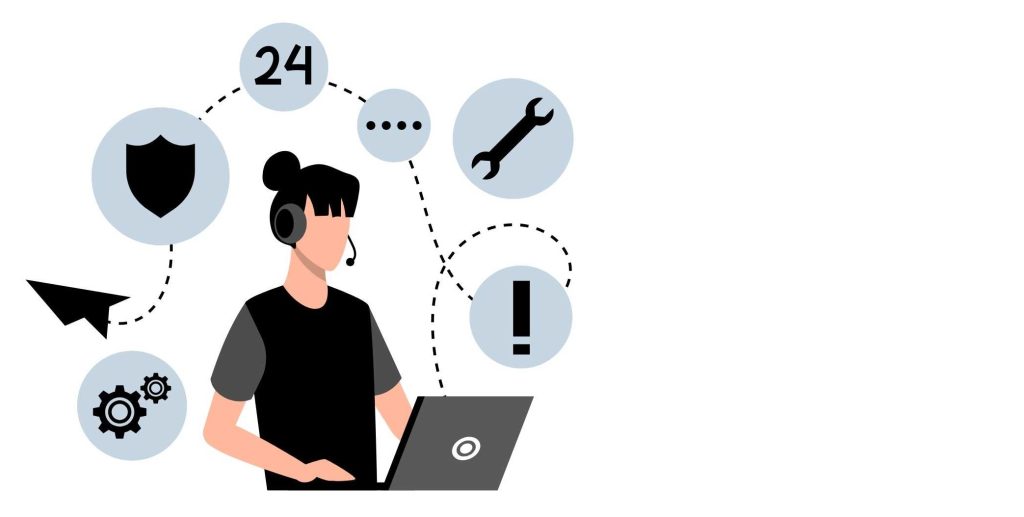
Why remote support is on the rise:
- Customers expect 24/7 availability.
- International businesses require multilingual support.
- Remote models save on overheads.
- Cloud-based solutions enable easy remote work.
A virtual customer support assistant enables companies to address increasing demands without compromising budgets by providing cost-effective, dependable, scalable solutions and overcoming other such shortcomings.
Remote Customer Support Virtual Assistant Roles
More than a receptionist who answers phones, a remote customer support virtual assistant handles multi-channel coverage on customer touchpoints and allows companies to offer high-level service without paying the overhead for large in-house staff.
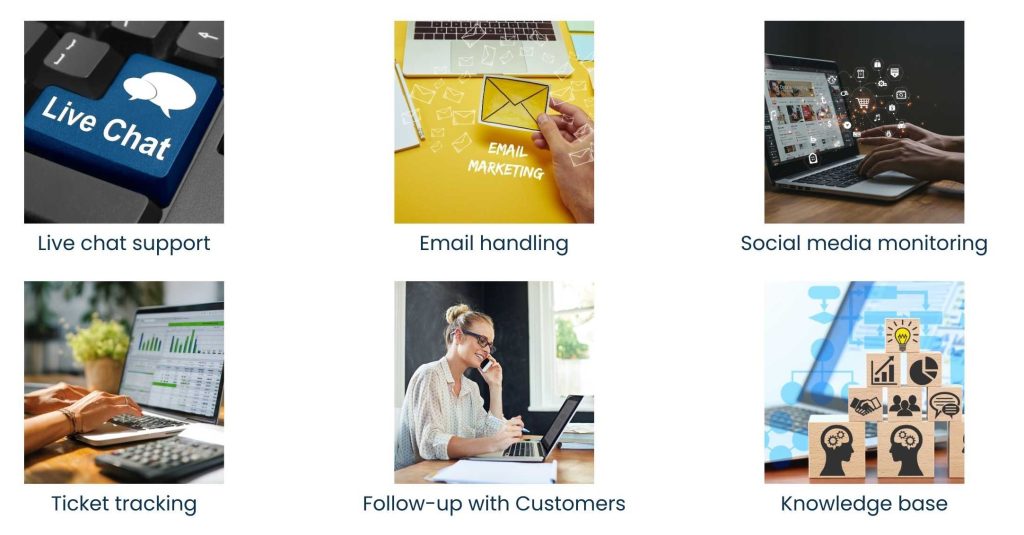
Some of the key roles that a customer support VA can handle include:
- Live chat support: Responding immediately to website questions and answering FAQs.
- Email handling: Sorting, prioritizing, and answering customer emails.
- Social media monitoring: Resolving complaints, comments, and messages across platforms.
- Ticket tracking: It is the process of creating, updating, and closing support tickets with helpdesk software.
- Follow-up with Customers: Requesting feedback, thank you emails, and order status updates.
- Knowledge base: Knowledge base updates include keeping current content and commonly asked questions for client self-service.
VAs are able to provide a smooth customer experience across platforms by managing these responsibilities.
Advantages of Virtual Assistants in Customer Support
The benefits of having a remote customer support virtual assistant extend far beyond cost savings. They establish a system of scalable, consistent, and dependable service that accommodates evolving customer expectations.
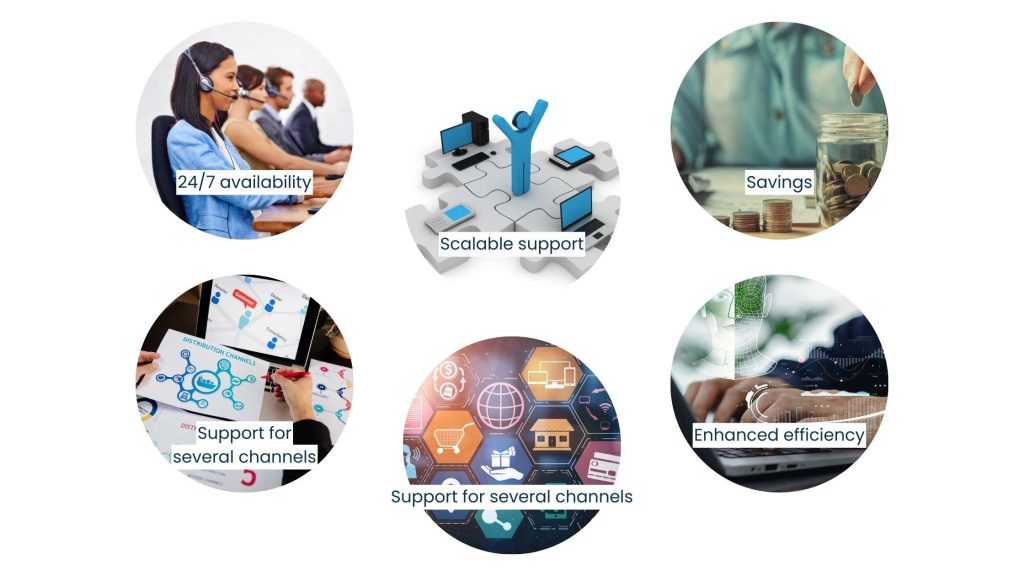
Important advantages are:
- 24/7 availability: Support across various time zones for round-the-clock support.
- Scalable support: Hiring VAs according to the high time and downtime of business as per the need.
- Savings: Preventing expenses like full-time salaries, benefits, and office space rent.
- Support for several channels: Managing social media, chat, phone, and emails all at once.
- Consistency: Providing all clients with professional, consistent responses over all channels.
- Enhanced efficiency: Streamlined response time and overall service quality.
These advantages are why many companies now view VAs as long-term partners in their customer support strategy.
Also Read: LinkedIn Outreach Services
Remote Customer Support vs Traditional Call Centers
Though conventional call centers have been the norm for many years, contemporary enterprises are more inclined towards the convenience of virtual assistants. The contrasts explain why VAs are generally the better option.
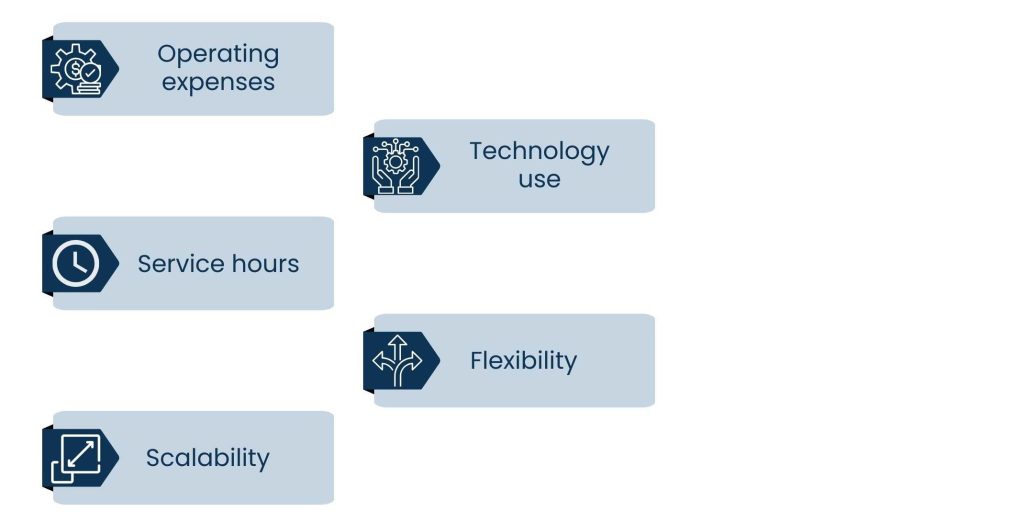
Key distinctions are:
- Operating expenses: Call centers need office facilities and equipment, while VAs remotely operate.
- Service hours: Call centers tend to operate fixed hours, whereas VAs can offer 24/7 service.
- Scalability: Hiring more call center personnel takes time, whereas VA teams quickly scale.
- Technology use: VAs use cloud-based systems for quicker collaboration and responsiveness.
- Flexibility: VAs react swiftly to project-based or seasonal demands, unlike rigid contact centers.
Remote virtual assistants are the more affordable and effective option for modern customer support because of these differences.
Technology That Drives Remote Support
Customer support nowadays is largely based on digital tools. A remote customer support virtual assistant uses technology to provide quick, accurate, and professional service anywhere.
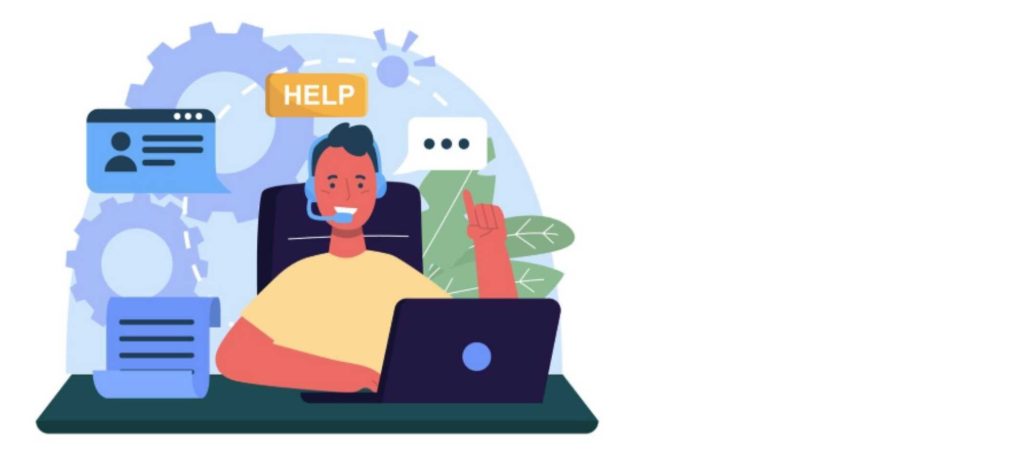
Key tools are:
- Helpdesk software: It includes ticket management tools such as Freshdesk and Zendesk.
- Live chat: Live chat solutions include programs such as Tidio and Intercom that allow for real-time communication.
- CRM solutions: These include Zoho CRM and Salesforce CRM, which preserve client preferences and history.
- Communication applications: Teams, Zoom, and Slack are communication technologies that allow for real-time collaboration.
- Knowledge bases: Integrated databases that enable consistent responses from VAs.
- Security tools: Password managers and role-based access for secure handling of data.
With these technologies, VAs mirror—and frequently surpass—the performance of onsite customer support arrangements.
Challenges and How to Overcome Them
Similar to any off-site arrangement, customer support VAs have challenges requiring proactive remedies. Deciding on these early on guarantees smoother functioning and more robust outcomes.
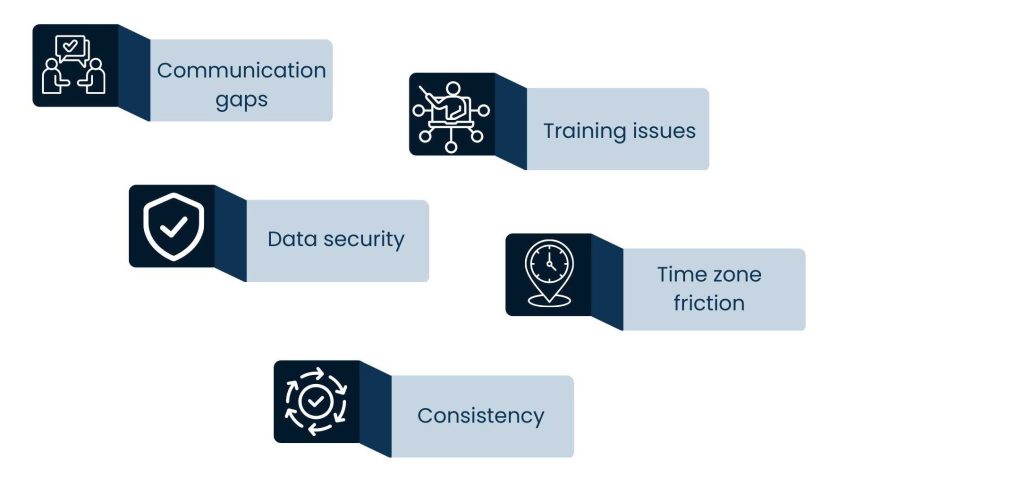
The most important challenges are:
- Communication gaps: Remote operations can lead to disconnecting in case of unstructured check-ins.
- Training issues: VAs can fall short of product familiarity in the absence of adequate onboarding.
- Data security: Remote access to confidential data demands strict protection.
- Time zone friction: Incompatible schedules may lead to delays in critical situations.
- Consistency: Sound norms are essential for maintaining service levels and brand voice.
Businesses may overcome these obstacles and maximize the benefits of remote VAs by providing SOPs, secure tools, official onboarding, and frequent check-ins.
Industries Getting Value from Customer Support VAs
In-home virtual assistants for customer service are invaluable in fields that require prompt, precise service because of their versatility.
VAs operate effectively for the following sectors: E-commerce, return handling, shipment notifications, and order queries.

- Healthcare: Book appointments and respond to patient queries.
- Real estate: Handles property inquiries, follow-up handling, and viewings.
- Technology: Providing world-class support for software, apps, and tech issues.
- Finance: Responding to general financial and accounting questions.
- Hospitality: Assisting visitors with reservations, modifications, and itinerary information is referred to as hospitality.
VAs are an attractive and scalable option for small and large businesses due to their flexibility
The Future of Customer Service with VAs
Virtual is the future of customer support. Companies are increasingly integrating automation with human-powered service to address growing customer expectations.

Future directions are:
- AI integration: Coupling chatbots with human VAs for hybrid support frameworks.
- Multilingual coverage: Providing worldwide coverage in various languages.
- Proactive engagement: VAs proactively engage with customers with updates and promotions.
- Specialized knowledge: VAs with training in niche fields like healthcare or SaaS.
- Personalized service: Creating unique client interactions by utilizing CRM data.
- Cost flexibility: Enabling companies to modify their workforces in response to changing demand.
These trends show that virtual assistants (VAs) are not a stopgap measure, but rather the cornerstone of future customer service strategies.
Conclusion
Traditional approaches cannot match the professionalism, cost, and flexibility offered by a remote customer service virtual assistant. Virtual assistants (VAs) assist businesses in reducing costs and improving customer satisfaction by managing client complaints and providing round-the-clock support.
Virtual assistants will be the cornerstone of customer service initiatives as companies adapt to global standards and demands for digital-firsts. They offer the perfect fusion of technology and interpersonal interaction, enabling companies to provide scalable, reliable, and timely services.
Here at Tasks Expert, we have skilled VAs trained to offer customer support across various industries. Visit our services, learn about the industries we cater to, or look into our premium virtual personal assistant for sophisticated support specific to your company.
Frequently Asked Questions
They respond to live chats, emails, calls, and customer queries and offer timely resolutions.
VAs work from home, are less expensive, flexible, and can scale fast compared to call centers.
Yes, companies can outsource VAs in varied time zones to ensure round-the-clock support.
During onboarding, give them regular check-ins, standard operating procedures, and a knowledge base.
Yes, when recruited by trustworthy agencies, VAs use secure software and sign confidentiality agreements.
About Us
Tasks Expert offers top-tier virtual assistant services from highly skilled professionals based in India. Our VAs handle a wide range of tasks, from part time personal assistant to specialized services like remote it support services, professional bookkeeping service etc. Furthermore, it helps businesses worldwide streamline operations and boost productivity.
Ready to elevate your business? Book a Call and let Tasks Expert take care of the rest.









